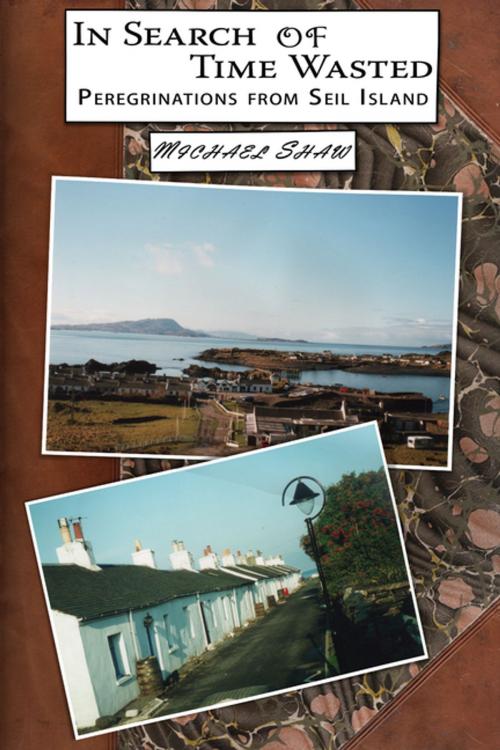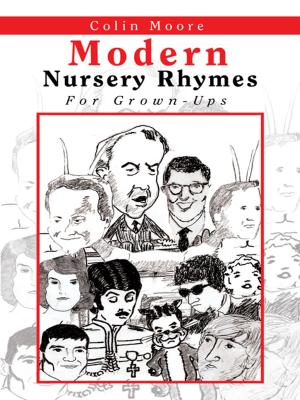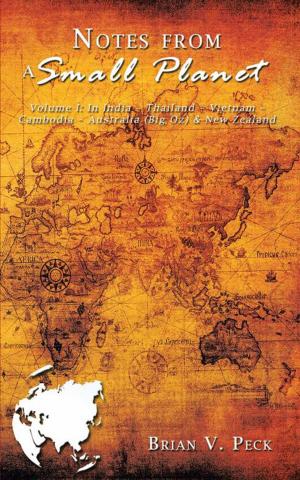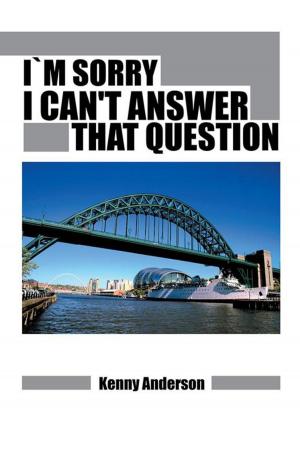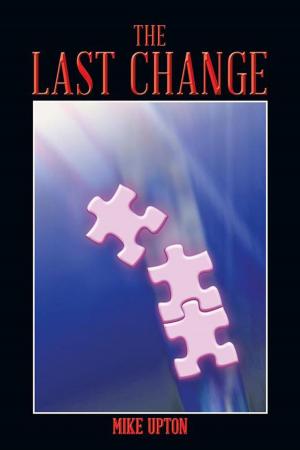In Search of Time Wasted
Peregrinations from Seil Island
Nonfiction, Travel, Biography & Memoir, History| Author: | Michael Shaw | ISBN: | 9781467018005 |
| Publisher: | AuthorHouse UK | Publication: | November 14, 2008 |
| Imprint: | AuthorHouse UK | Language: | English |
| Author: | Michael Shaw |
| ISBN: | 9781467018005 |
| Publisher: | AuthorHouse UK |
| Publication: | November 14, 2008 |
| Imprint: | AuthorHouse UK |
| Language: | English |
The lure of India pervades this book, as do the charms of Seil Island and Scotland's Western Seaboard. There are tales of modest adventure and mild disipation, but the author also makes an attempt to examine the evolution of those seemingly incomparable regions during the eventful half century he has known them. The amazing renaissance of India is compared with efforts in both India and Britain to address development,poverty and exclusion. The upper middle-class war babies of Britain are described as ultimate legatees of the most fortunate empire in the modern world. Preceding generations enjoyed imperial prosperity, but most fortunate were those born to inherit the wealth of empire while avoiding the hardships of war; to enjoy or squander that inheritance as the world struggled to achieve a more equitable distribution of good things. Sadly, and perhaps inevitably, destrying some of those good things in the process. Just as imperial wealth survived the empire for a generation, so elements of graciuous pre-war tourism briefly survived the calamity of the second world war: this phenomenon too is examined in accounts of travels in Europe before the rise of travel by large numbers. The Highlands and Islands of Scotland have hardly faced the problems of the Mediterranean coast, but they too have shared the dilemmas of prosperity versus conservation. An essentially frivolous observer reports some of his experiences, and examines the serious issues of development, globalization, and national aspirations. The citizen of a very small country gives some account of how these momentous matters have been observed from a tiny island.
The lure of India pervades this book, as do the charms of Seil Island and Scotland's Western Seaboard. There are tales of modest adventure and mild disipation, but the author also makes an attempt to examine the evolution of those seemingly incomparable regions during the eventful half century he has known them. The amazing renaissance of India is compared with efforts in both India and Britain to address development,poverty and exclusion. The upper middle-class war babies of Britain are described as ultimate legatees of the most fortunate empire in the modern world. Preceding generations enjoyed imperial prosperity, but most fortunate were those born to inherit the wealth of empire while avoiding the hardships of war; to enjoy or squander that inheritance as the world struggled to achieve a more equitable distribution of good things. Sadly, and perhaps inevitably, destrying some of those good things in the process. Just as imperial wealth survived the empire for a generation, so elements of graciuous pre-war tourism briefly survived the calamity of the second world war: this phenomenon too is examined in accounts of travels in Europe before the rise of travel by large numbers. The Highlands and Islands of Scotland have hardly faced the problems of the Mediterranean coast, but they too have shared the dilemmas of prosperity versus conservation. An essentially frivolous observer reports some of his experiences, and examines the serious issues of development, globalization, and national aspirations. The citizen of a very small country gives some account of how these momentous matters have been observed from a tiny island.
